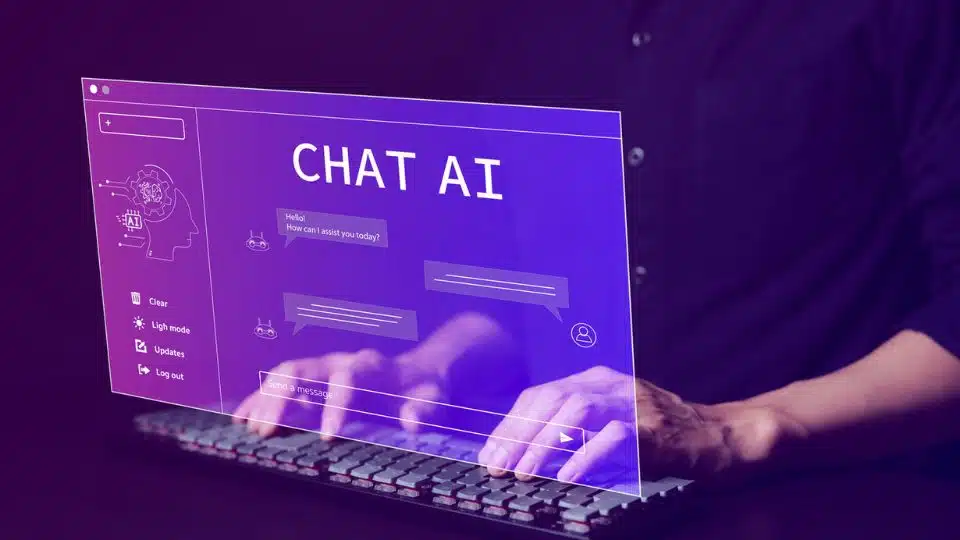By Craig Rosenblum, Principal, Columbus Consulting

According to a report by Gartner, more than one-third of CEOs anticipate that GenAI will lead to a productivity increase of over 15% in their companies within the next two years. With this forecast in mind, it’s essential to clarify the ambiguous terminology surrounding artificial intelligence (AI), machine learning (ML), large language models (LLM), GenAI, GPT, ChatGPT, neural networks, and other related concepts that are commonly discussed today. I had the opportunity to collaborate with Dr. Vivek Farias, the Patrick J. McGovern (1959) Professor at the MIT Sloan School, who effectively defined and simplified Artificial Intelligence, and I’d like to share it with you.
- Machine Learning (ML) is developed by providing the computer with structured data, (think of an Excel spreadsheet table of data/numbers in columns and rows) of inputs-and-outputs and use statistical techniques to learn the relationship between inputs and outputs. This is already being used worldwide across numerous applications (e.g., credit scoring, loan granting, disease prediction, demand forecasting, etc.).
- Generative AI and Deep Learning is all about working with unstructured input data (images, pictures, videos, text, audio, etc.) or “raw form” data has no intrinsic meaning and must be turned into values and tables to provide meaning.
- Large Language Models (LLM) are model which can be used to output the conditional probability of any next word, given a sequence.
For example:
The dog ate my → GPT → ________
| Next Word | Probability |
| sandwich | 0.05 |
| homework | 0.2 |
| car | 0.0 |
| brother | 0.0 |
- GPT-3 (Generative Pre-trained Transformer) is an LLM which has been trained on data for next word prediction from ~30 billion sentences from the Internet and books. Given an input (called a “prompt”), GPT can pick the most likely next word to complete sentences and can generate paragraphs of text from a single-sentence input. Unlike GPT and GPT-2, GPT-3 could generate amazing completions from a starting prompt. Examples:
GPT3 was not good at following instructions, but there was an amazing discovery: GPT-3 could learn from a few examples. Explicitly training it to follow instructions and Instruction Tuning was developed. Instruction Tuning utilized humans to write (high-quality) answers to instructions. About 12,500 such instruction-answer pairs were created. Using these pairs, we trained GPT-3 some more using next-word-prediction. This ability to learn gave us ChatGPT!
ABOUT CRAIG ROSENBLUM
Craig is a Principal and Consultant executive with over 30 years of cross-functional experience in retail, wholesale and consumer goods. As an industry executive with expertise in Grocery Retail, he has developed and deployed go-to-market sales, product, and technology strategies across merchandising, supply chain, operations, finance and MarTech to drive top and bottom line financial performance across 200+ Retailers and Wholesalers
ABOUT COLUMBUS CONSULTING
Columbus Consulting delivers solutions that drive true value and have been transforming the retail and CPG industries for over two decades. We are a retail consulting company of industry experts. Our approach is simple, if you do it, we do it. We are more than consultants; we are experienced practitioners who actually sat in our clients’ seats. We understand the challenges, know what questions to ask and deliver the right solutions. Columbus offers a unique, consumer-centric approach with an end-to- perspective that bridges functional & organization silos from strategy to execution. Our specialties include: unified commerce, merchandising & category management, planning & inventory management, sourcing & supply chain, data & analytics, accounting, finance & operations, people & organization and information technology. Let us know how we can help you. To learn more, visit COLUMBUSCONSULTING.COM

